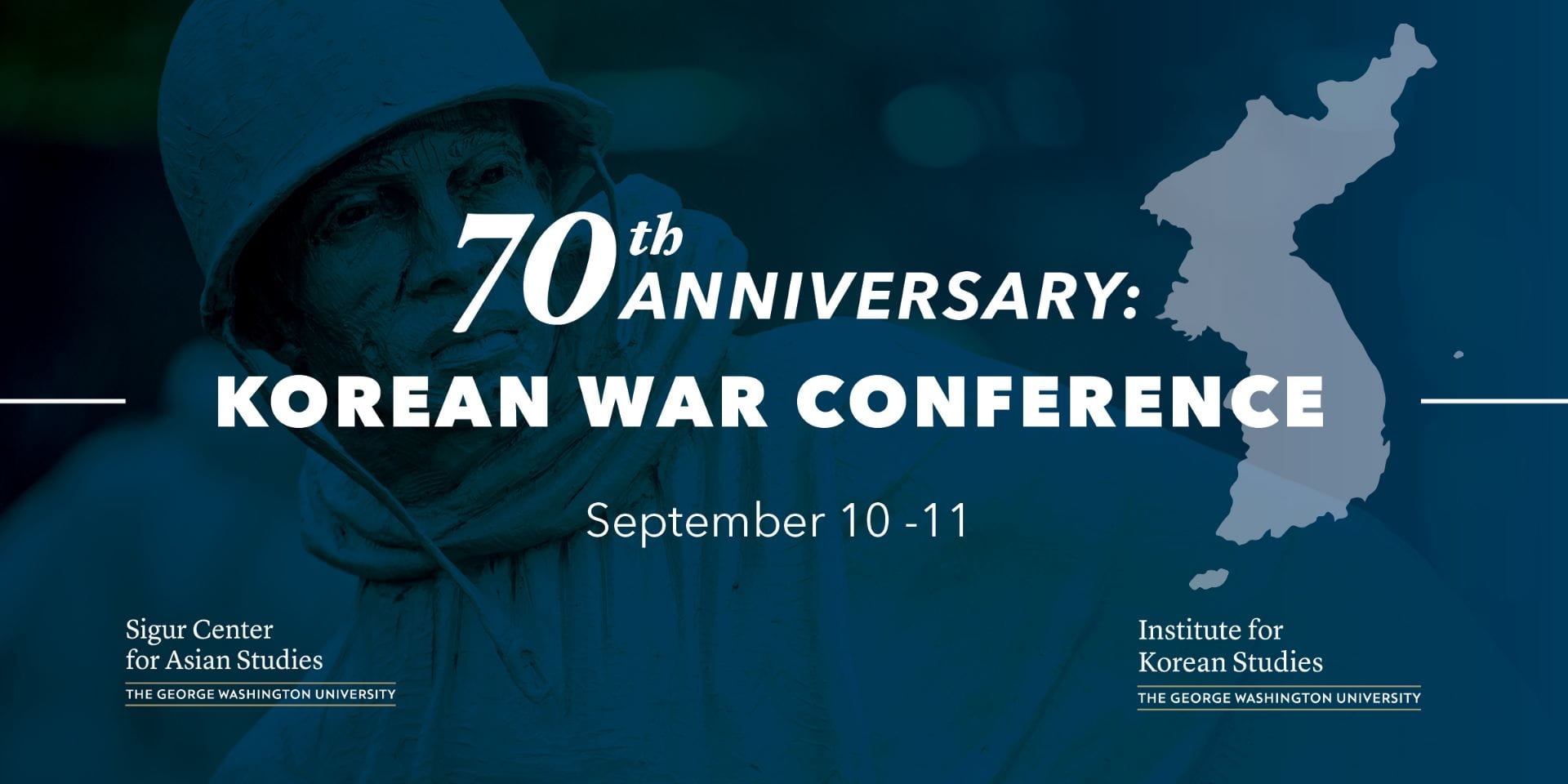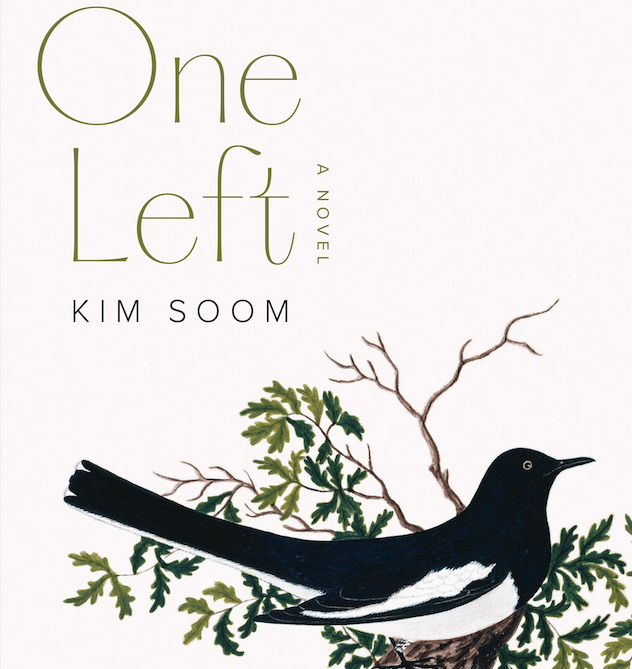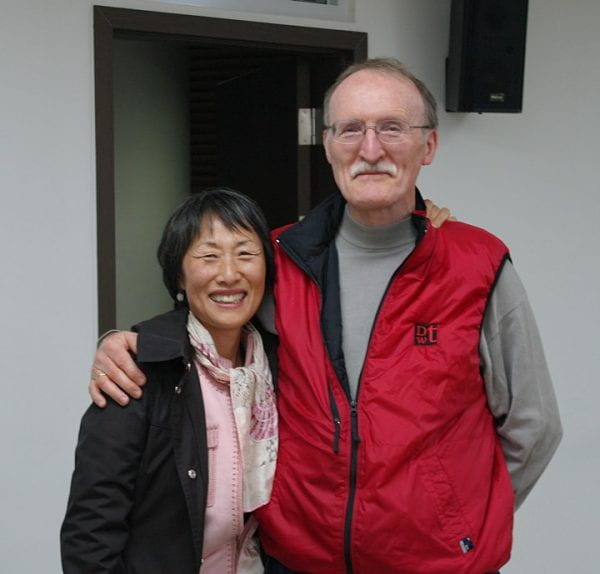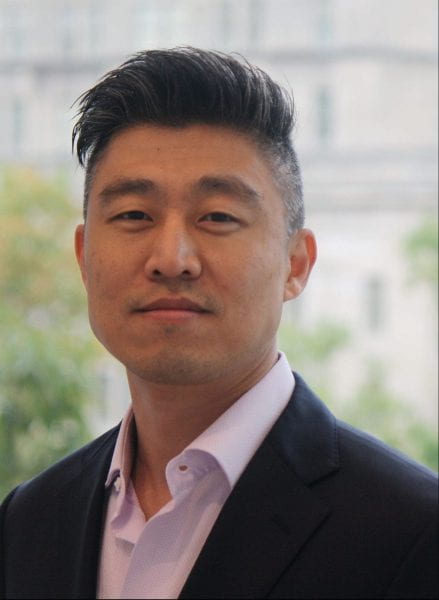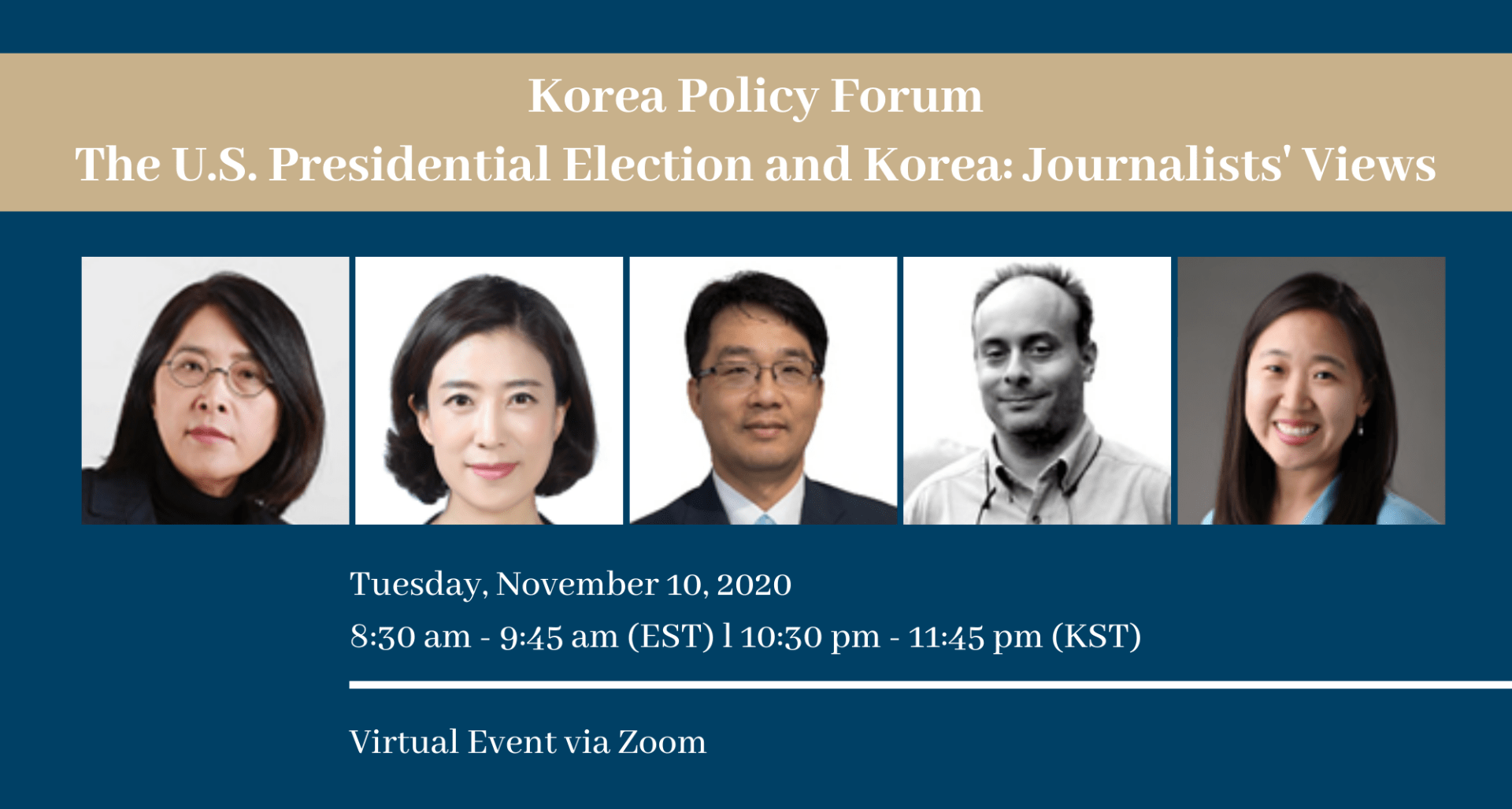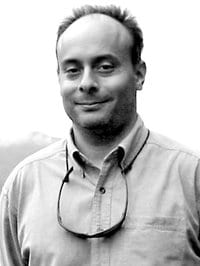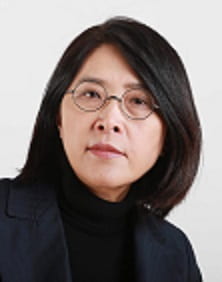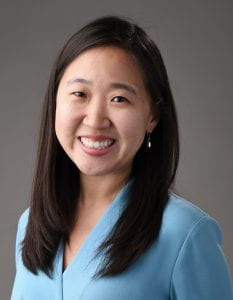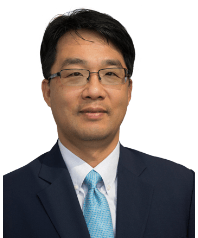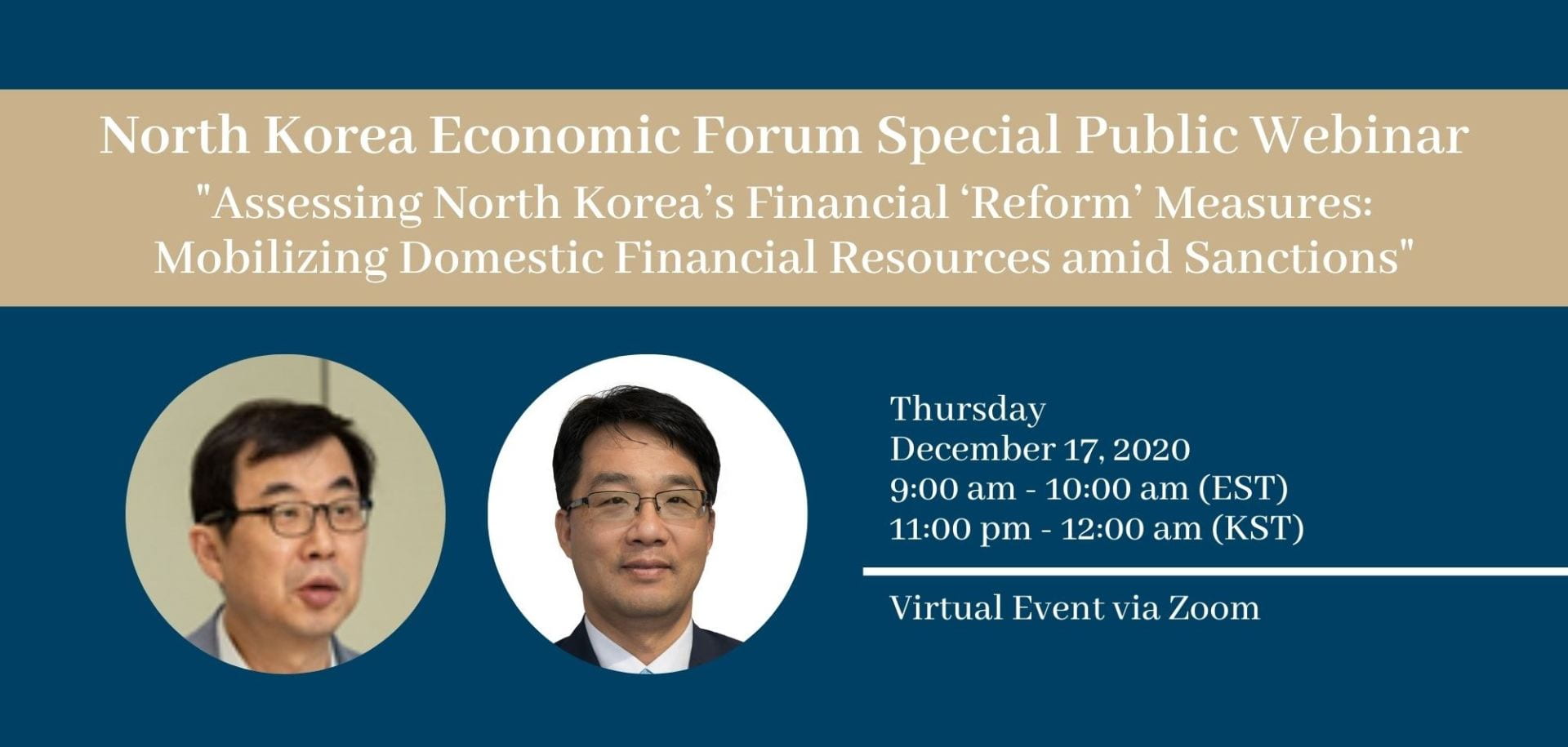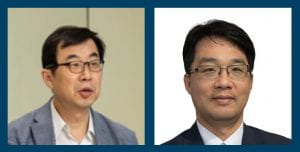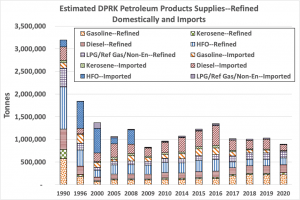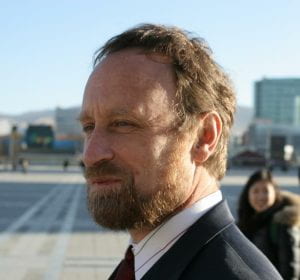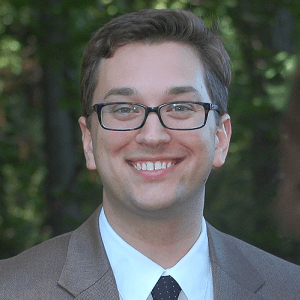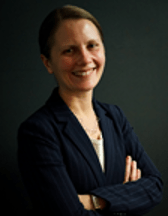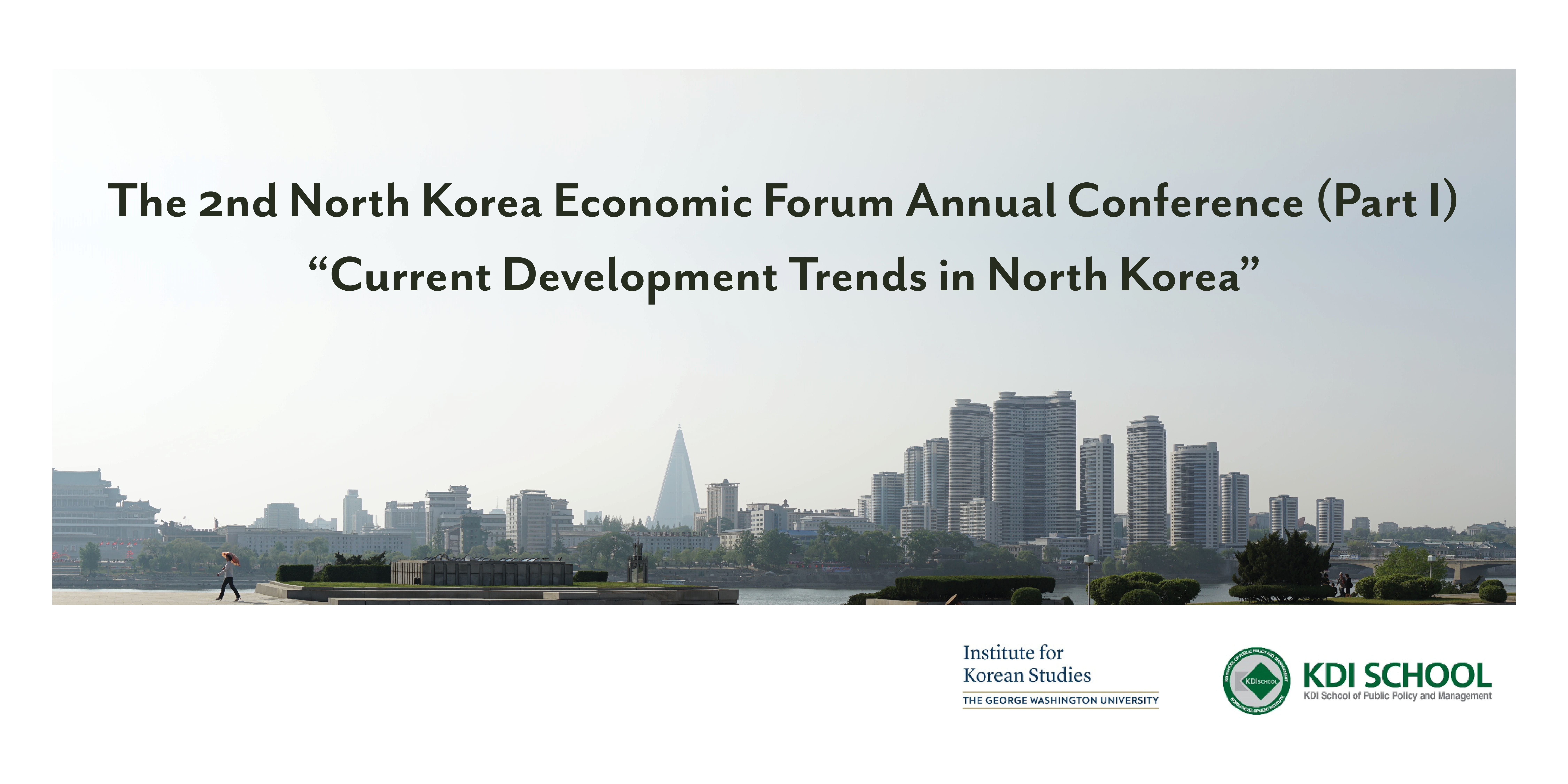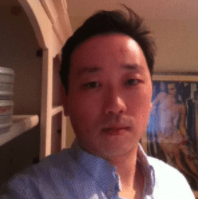The Korean War as Lived Experience:
New Approaches to the Conflict after 70 Years
Thursday, September 10 – Friday, September 11, 2020, EDT
Livestream via Zoom
Program (PDF)
Registered guests will receive a confirmation email with details for joining the virtual event.
This event is on the record and open to the public.
In commemoration of the 70th anniversary of the Korean War, the GW Institute of Korean Studies, Sigur Center for Asian Studies, and KDI School of Public Policy and Management will be hosting a virtual international conference on the war bringing together recognized experts from around the globe. The conference will highlight new approaches to the international and social history of the war. Presenters will explore both Great Power decision making and the local impacts of the war with the goal of understanding the complex and multifaceted influence of the war.
Schedule
Thursday, September 10
06:00 p.m. – 09:00 p.m.
Introductory Session: Congratulatory Remarks
Ilana Feldman (Interim Dean, The Elliot School of International Affairs)
Jong-Il You (Dean, KDI School of Public Policy and Management)
Soo Hyuck Lee (Ambassador of the Republic of Korea to the U.S.)
Keynote Speech
Keun-Sik Jung (Professor, Seoul National University)
The Legacy of Korean War and Overcoming the Cold war: A Study on Strategic Village
Moderator: Jisoo Kim (Director, GW Institute for Korean Studies)
Session I
Jeongmin Kim (Assistant Professor, University of Manitoba)
The Birth of Global Money: Military Payment Certificates and the Sexual Economy of War and Base during the Korean War
Janice Kim (Associate Professor of History, York University)
Fractured Patriarchy: The Effects of Civilian Displacement during the Korean War
HakJae Kim (Humanities Korea Professor, Seoul National University)
Once upon a time in Korea: Five Issues about the Korean War
Commentator: Gregg Brazinsky (Professor of History and International Affairs, the George Washington University)
Friday, September 11
10:00 a.m. – 12:00 p.m.
Session II
Avram Agov (Faculty Member, Langara College)
International politics behind socialist humanitarian aid to North Korea during the Korean War
Steven Lee (Associate Professor of History, University of British Columbia)
The Canadian Peace Congress and the Korean War
David Chang (Associate Professor of History, Hong Kong University of Science and Technology)
The Forgotten War or the Hijacked War? How Chinese POWs and Chiang Kai-shek Hijacked the Korean War
Commentator: William Stueck (Professor Emeritus of History, University of Georgia)
08:00 p.m. – 09:30 p.m.
Roundtable Discussions
Keun-Sik Jung (Professor, Seoul National University)
Gregg Brazinsky (Professor of History and International Affairs, the George Washington University)
Christine Ahn (Founder and Executive Director, Women Cross DMZ)
Suzy Kim (Associate Professor of Korean History, Rutgers University)
Moderator: Jisoo Kim (Director, GW Institute for Korean Studies)

